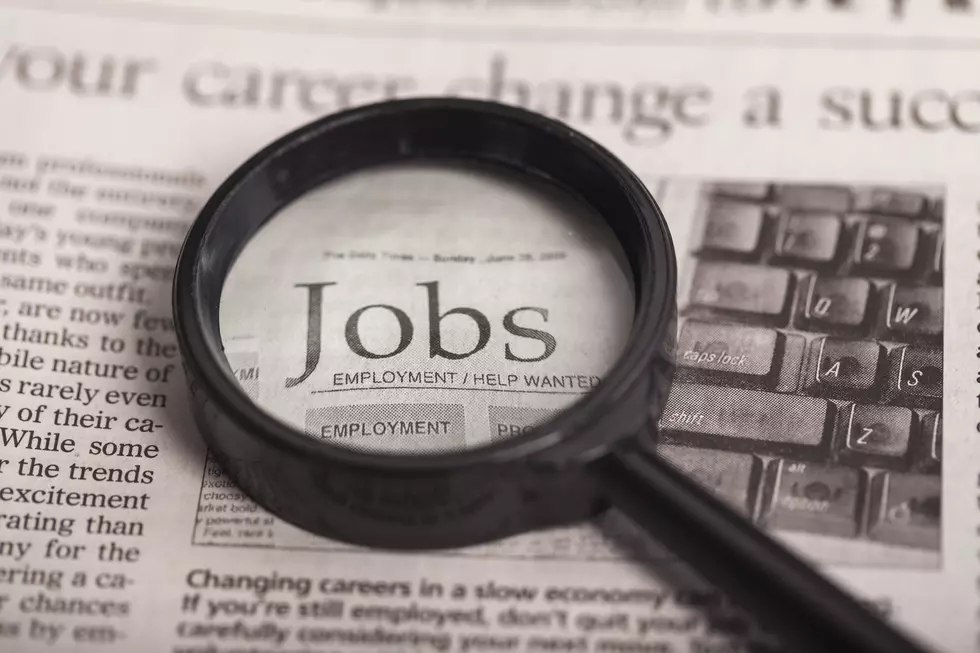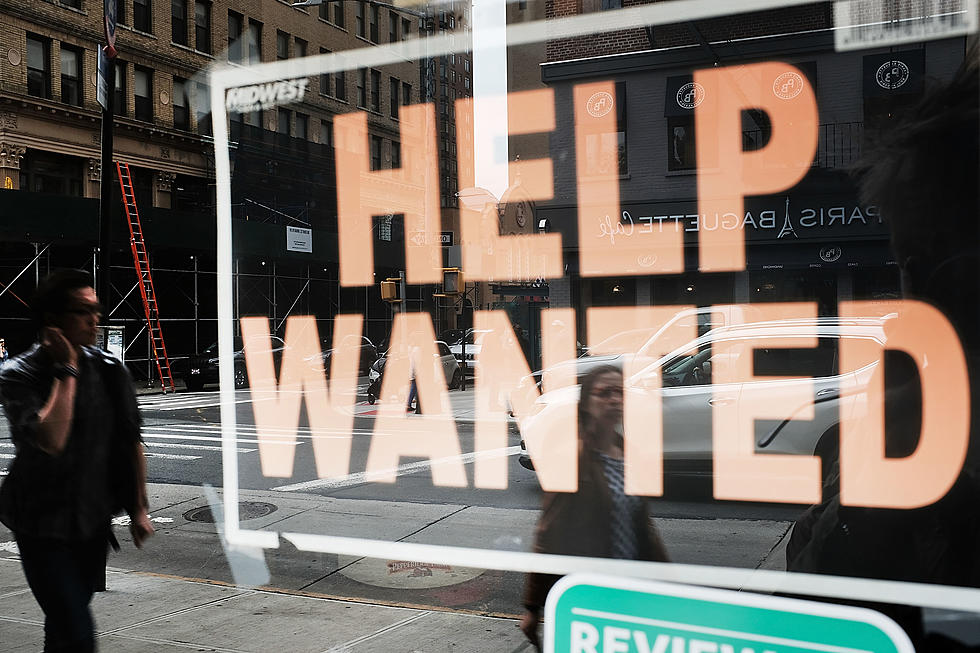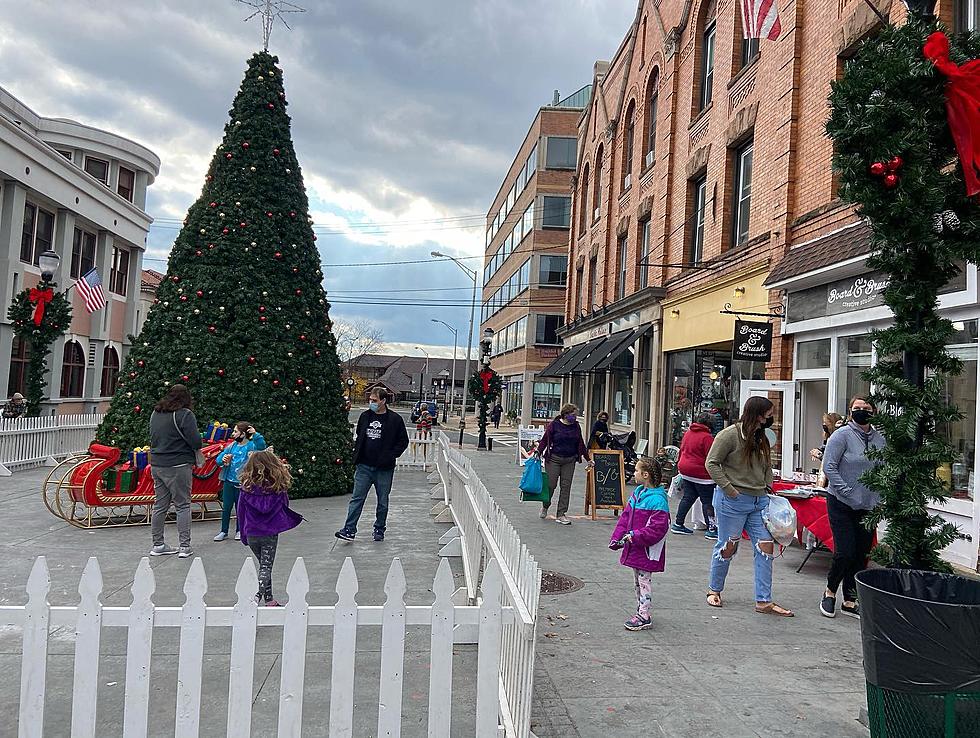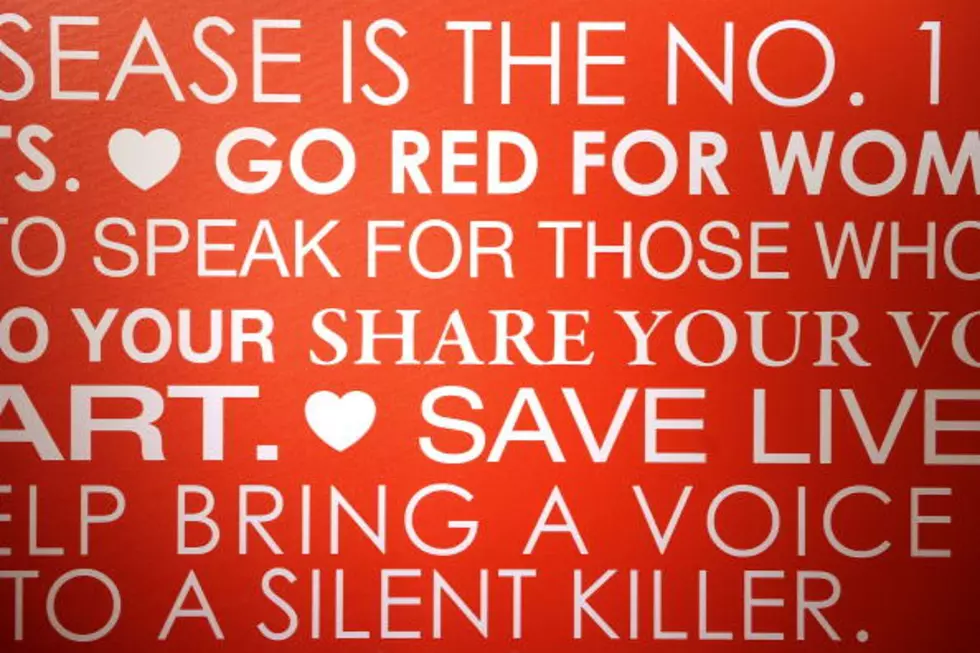![Why is Finding a Job is Easier for Singles? [AUDIO]](http://townsquare.media/site/385/files/2012/08/Angry-couple.jpg?w=980&q=75)
Why is Finding a Job is Easier for Singles? [AUDIO]
Variables such as income level and education are among the popular choices by economists and researchers when compiling data on the employment status of a state or country, but some simpler factors can't be overlooked. Since the end of the recession, a certain portion of the population has been favored over its counterpart.
Single men and women are gaining employment at a much quicker pace than those who are married. According to data from the U.S. Labor Department, single workers regained 90% of the jobs they lost during the recession. Of the 6,000,000 jobs lost by married men and women, just 22% were recovered.
There are not solid reasons for this trend; employers aren't favoring single applicants over those who are attached. However, experts have theories as to why taking on a spouse could equate to a more complex job search.
Dr. James Hughes, Dean of the Edward J. Bloustein School of of Planning and Public Policy at Rutgers University, said single workers have the great advantage of mobility.
Hughes explained, "If you're a single person, if you're not a homeowner, you're able to follow where the jobs are. If the job is two states away, you have the ability to move and take that job."
Meanwhile, someone who is married with a home, and perhaps a child who is happy in school, could be very reluctant to make a long distance move for work and uproot the current situation.
"You're kind of fixed in place, so you have to wait until a job is available within commuting distance," explained Hughes.
Hughes also noted that married people may feel less pressure to find employment if their spouse is still working. The job-seeking spouse has "a backstop" if there's another source of income flowing into the home.
Many single workers, though, may have only themselves to count on for financial assistance.
It could also be assumed that single men and women are, for the most part, younger than those who are married. Job-seekers in theirs 20s and early 30s may be more willing to accept low-wage positions than those who need to support not only themselves.
More From New Jersey 101.5 FM









